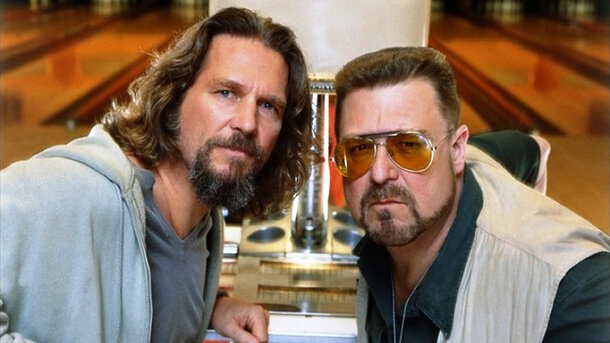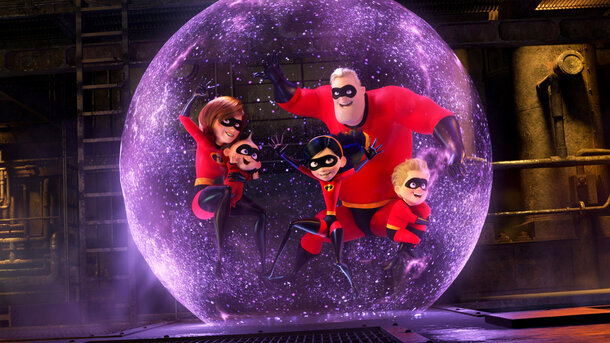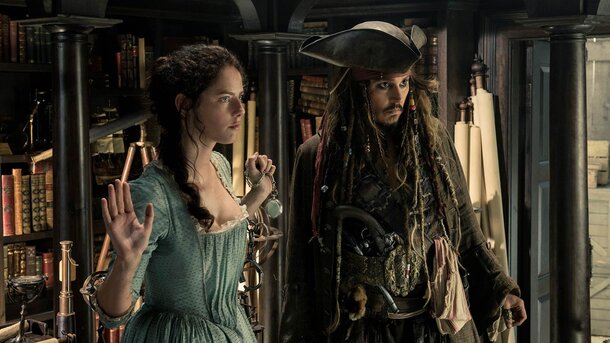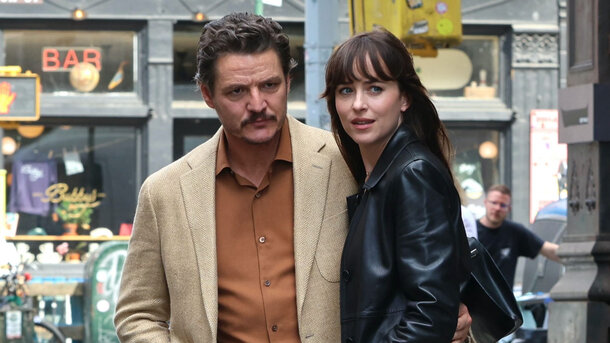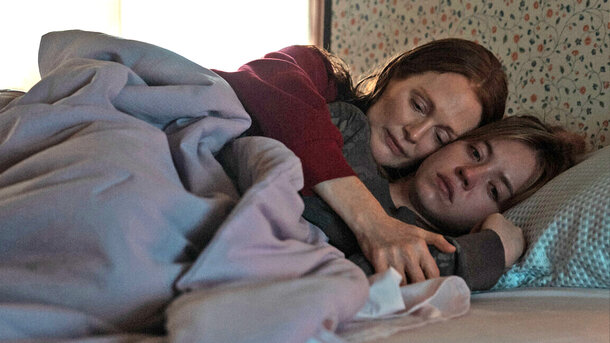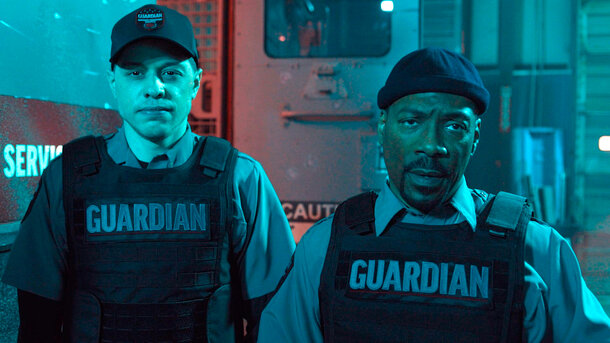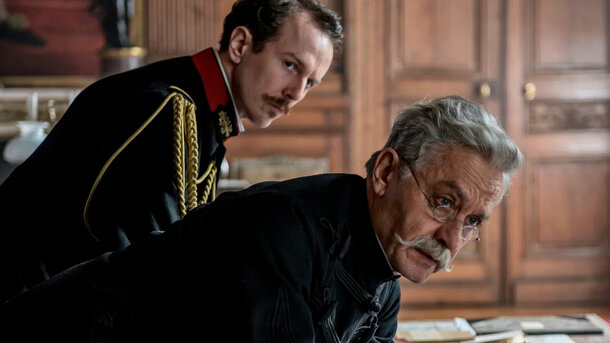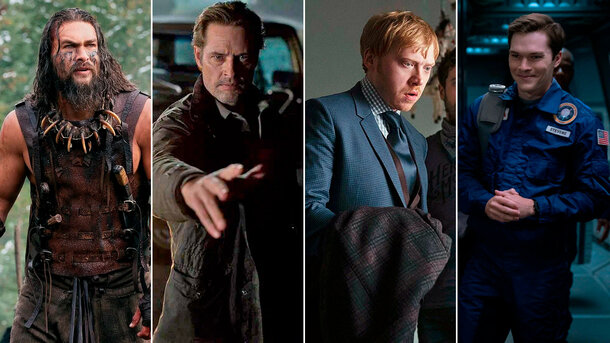I’ll admit, I didn’t expect to be won over by a story about a man who just wants his rug back. But after watching The Big Lebowski, I was left somewhere between bewildered and utterly entertained — and that’s precisely where the Coen brothers want you. Directed by Joel Coen, produced and co-written with Ethan Coen, this 1998 offbeat classic walks the tightrope between absurdist noir and shaggy-dog comedy, never falling off the edge. It’s equal parts bizarre, brilliant, and completely bonkers.
There’s something about The Dude — Jeff Bridges at his most gloriously unkempt — that transcends the film itself. And once you’re in that world, with its surreal dream sequences, nihilists in leather trousers, and rants about bowling league rules, you don’t just watch the movie. You fall into it.
Plot Overview: A Case of Mistaken Identity, a Soiled Rug, and Sheer Madness
At its core, The Big Lebowski is a mistaken identity caper gone hilariously off the rails. Jeff “The Dude” Lebowski is a chilled-out slacker who enjoys bowling, White Russians, and not much else. But when two thugs mistake him for a millionaire namesake and urinate on his rug, he gets reluctantly pulled into a labyrinthine plot involving kidnapping, ransom money, avant-garde art, a trio of nihilists, and the strictest bowling enthusiast ever put on screen.
Yet the plot is secondary. What matters is the ride — the philosophical musings, the kaleidoscopic detours, and the unforgettable supporting cast.
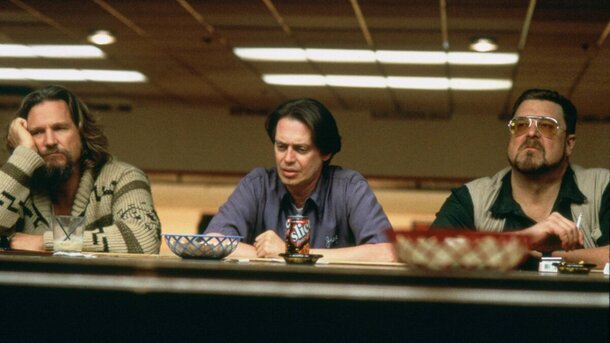
The Coens’ Vision: Surrealism in Flip-Flops
Joel and Ethan Coen have a reputation for crafting genre-defying films, and this one might be their most eccentric. While earlier works like Fargo delivered razor-sharp narrative structure, The Big Lebowski drifts freely, anchored more by character than plot. That’s no accident — it mirrors The Dude’s laissez-faire attitude.
From the use of voiceover narration by a cowboy stranger (Sam Elliott) to the dreamlike interludes set to Kenny Rogers’ Just Dropped In, every stylistic choice here is knowingly unhinged. It’s as if the Coens dared us to make sense of it all. And oddly enough, you do — just not in the way you’d expect.
Performances: Iconic Turns and Scene-Stealers
Jeff Bridges is utterly perfect as The Dude. It’s less a performance than a complete embodiment — his wardrobe was reportedly from his own closet, which tells you everything you need to know. John Goodman, as his Vietnam-obsessed bowling mate Walter Sobchak, is a force of nature. His intensity plays beautifully against The Dude’s apathy, especially in scenes where he yells about “the rules of bowling” like it’s a matter of life and death.
Steve Buscemi’s Donny, who’s constantly told to “shut up,” brings understated humour, while Julianne Moore, as avant-garde artist Maude Lebowski, delivers a performance as cryptic as it is captivating.
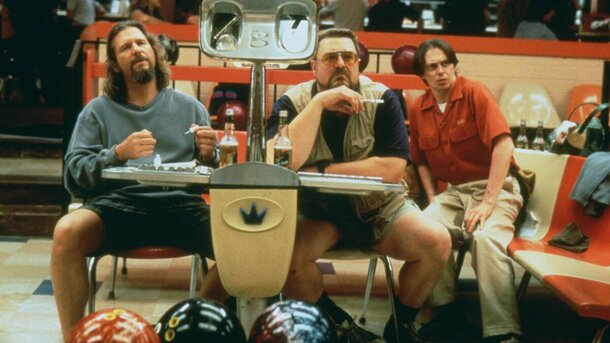
Cinematography and Sound: Strange Beauty in Chaos
Roger Deakins’ cinematography gives the film a hypnotic sheen — he captures smoky bowling alleys and LA bungalows with almost poetic detachment. The soundtrack is equally eclectic, featuring everything from Bob Dylan to Spanish versions of Hotel California. It’s a sonic fever dream, perfectly matching the madness on screen.
Themes & Symbolism: Nihilism, Masculinity, and a Quest for Nothing
Beneath the film’s stoner haze lies a surprisingly sharp commentary on masculinity, modern malaise, and existential despair. The recurring motif of “nothing matters” is played for laughs, but it’s no accident that the antagonists are literal nihilists. The Coens aren’t offering answers — they’re toying with the idea that maybe not having one is the point.
Factual Details & Production Tidbits
The Big Lebowski had a budget of approximately $15 million, modest for a studio comedy. It wasn’t a box office success at first but gained cult status through word-of-mouth, home video, and late-night television viewings.
As of April 2025, the film holds an IMDb rating of 8.1/10. Though it didn’t win any major awards at release, it has since been selected for preservation in the United States National Film Registry for being “culturally, historically, or aesthetically significant.”
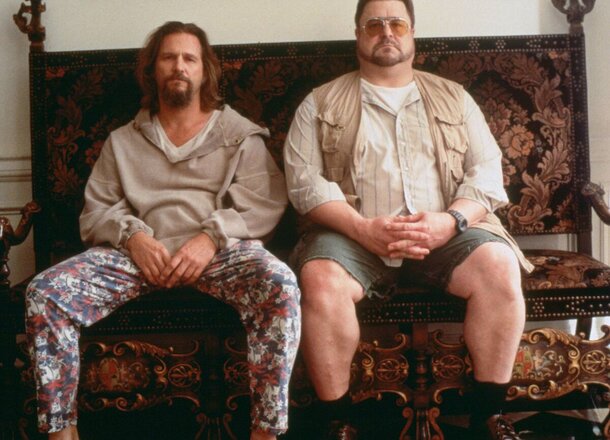
Audience Reactions: USA vs. UK
In the United States, The Big Lebowski has become a full-blown cultural phenomenon. There's even an annual festival, Lebowski Fest, where fans dress up as characters, bowl, and sip White Russians. It’s a celebration of Americana’s weirder side — bowling alleys, Vietnam trauma, and mid-century LA laziness.
In the UK, the response is more nuanced. While some initially found it baffling, British audiences have grown to adore the film's deadpan delivery and quirky characters. It’s now a staple of university cinema nights and late-night events at art-house theatres. The humour — equal parts surreal and cynical — lands particularly well with British viewers, who appreciate a good absurdist spiral.
Final Verdict: Not Everyone Gets It, But That’s the Point
You won’t find tidy arcs or satisfying resolutions here. But if you’re open to something offbeat, The Big Lebowski rewards you with one of the most quotable, idiosyncratic, and strangely moving comedies ever made. It's a film that somehow becomes more profound the less seriously it takes itself.
And if you don’t get it? Well… that’s just, like, your opinion, man.
